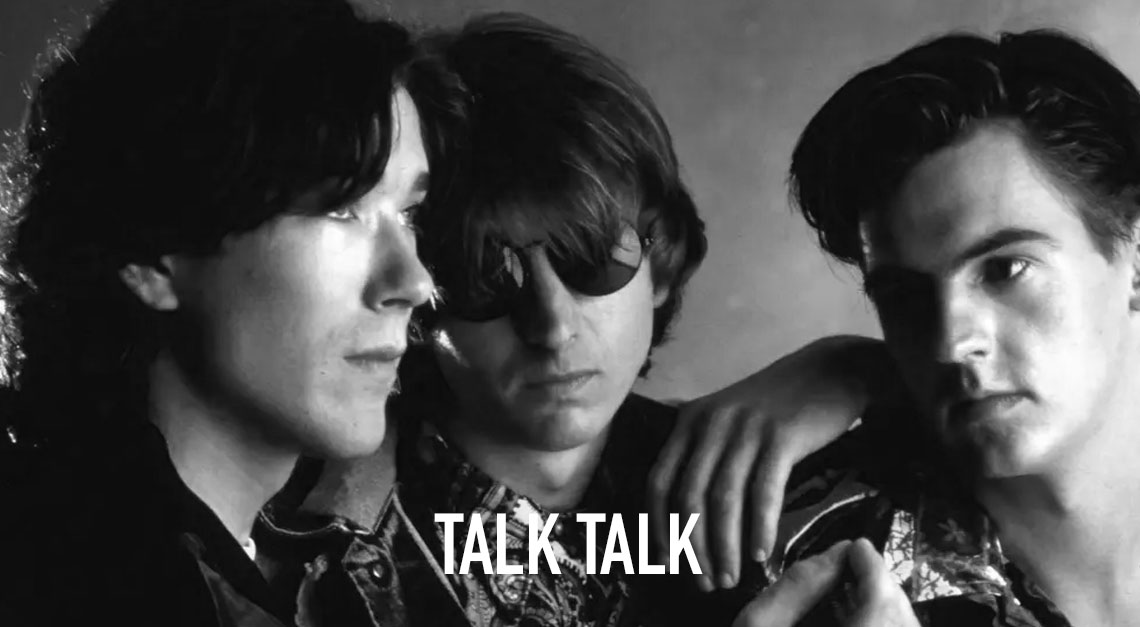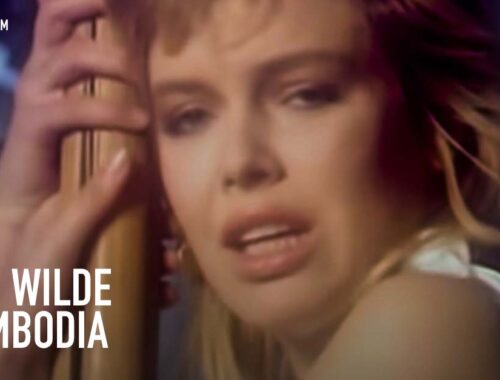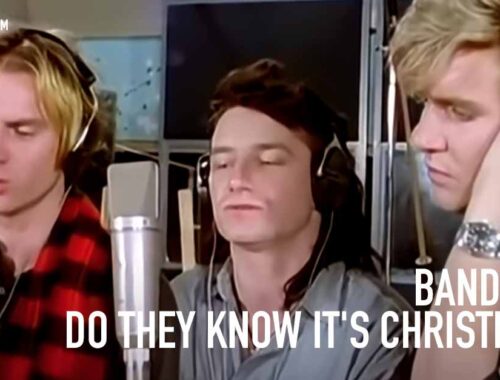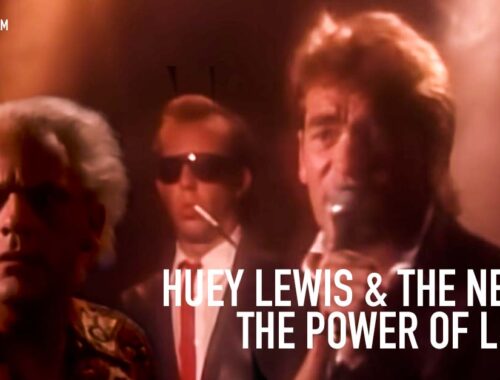
Talk Talk
Talk Talk were an English musical group, active from 1981 to 1991. The group was part of the English new wave movement that included bands like Duran Duran and had a string of early hit singles including “Today”, “Talk Talk”, “It’s My Life”, “Such a Shame”, and “Dum Dum Girl”. Always uncomfortable with the requirements and pressure of the pop industry, Talk Talk moved away from synthpop toward more experimental music in the mid-80s. A few more singles, including “Life’s What You Make It” and “Living in Another World”, achieved success in Europe and in the UK, but their commercial appeal receded quickly as their critical reputation increased. The band broke up in 1991. Singer Mark Hollis released one solo album before retiring from the music industry. Founding bass player and drummer Paul Webb and Lee Harris played in a couple of bands together; de facto fourth member Tim Friese-Greene continued in the business as a musician and producer. Their final two albums, Spirit of Eden and Laughing Stock, were highly acclaimed and remain influential to experimental alternative rock genres, especially post-rock. 25 years after the release of what The Guardian called their masterpiece (1988’s Spirit of Eden), Talk Talk was still praised as a classic example of a band refusing to compromise its art to commercial pressure, and Hollis and his bandmates are seen as some of the more interesting acts to come out of the synthpop movement of the 80s.
Talk Talk began as a quartet consisting of Mark Hollis formerly from The Reaction (vocals/main songwriter), Lee Harris (drums), Paul Webb (bass guitar), and Simon Brenner (keyboards). In their early years, they were generally associated with the New Romantic movement; more specifically, they were often compared with Duran Duran, as both bands sported a name which was a single word repeated, a Roxy Music-inspired musical direction, and shared the same record label (EMI) and producer (Colin Thurston). The band also supported Duran Duran on tour in late 1981.The band released their first single, “Mirror Man”, on EMI in February 1982. The single was not a success, but was quickly followed by their self-titled single in April 1982 (a rerecording of a track by The Reaction) which reached No.52 in the UK. The band’s first album, titled The Party’s Over, was released in July 1982. The band had their first UK Top 40 hits with the singles “Today” (UK No. 14) and a re-release of “Talk Talk” (UK No. 23). These singles also were hits in some other countries including Ireland, South Africa and New Zealand. The album was produced by Colin Thurston, who had also produced Duran Duran’s first two albums but was picked by Hollis because of his involvement with David Bowie’s “Heroes”. It was a moderate success in the UK, reaching No.21, and was later certified Silver by the BPI for sales of 60,000 copies by 1985. It was a Top 10 hit in New Zealand.
Talk Talk achieved considerable international success in 1984/85, particularly in continental Europe, and Australia with the album It’s My Life. The accompanying single “Such a Shame” (a song inspired by the book The Dice Man) became a Top 5 hit in Austria, Germany, Italy and Switzerland during this period. The title track of the album was also a top 10 hit in Italy ( and made the U.S., Canadian, French, German, New Zealand and Netherlands charts. A third single, “Dum Dum Girl”, was a success in some European countries and in New Zealand;the album and its singles, however, were largely ignored in the UK. Commercial success notwithstanding the band made deliberate choices that moved it away from the mainstream. The music video for “It’s My Life”, for instance, featured a grumpy Hollis who mocks lip-synching; after EMI protested, they re-shot the video, turning it into “a total piss-take of lip-synching”, in Alan McGee’s words.
Talk Talk abandoned the new wave style completely with The Colour of Spring in 1986. It became their biggest studio album success in the UK, making the Top 10 (and certified Gold by the BPI for sales over 100,000 copies), in part due to the Top 20 single “Life’s What You Make It”. The album was also an international commercial success and had another single, “Living in Another World”, which charted in the Top 40 in Germany, the Netherlands, Switzerland, and Italy (and reached #48 and #44 in the UK and France, respectively). By this time, all Talk Talk songs were being written by Hollis and Friese-Greene.
The success of The Colour of Spring afforded the band a bigger budget and schedule for the recording of their next album. About a year in the making, and featuring contributions from many outside musicians, Spirit of Eden was released in 1988, on EMI’s Parlophone label. During the making of Spirit of Eden, Talk Talk manager Keith Aspden had attempted to free the band from their record contract with EMI. “I knew by that time that EMI was not the company this band should be with”, Aspden said. After many months of litigation, the band ultimately succeeded in extracting themselves from the contract. EMI then sued the band, claiming that Spirit of Eden was not “commercially satisfactory”, but the case was thrown out of court.
With the band now released from EMI, the label released the retrospective compilation Natural History in 1990. It peaked at number 3 on the UK album chart and was certified Gold by the BPI for sales of over 100,000 copies. It was also an international success and eventually went on to sell more than 1 million copies worldwide. The 1984 single “It’s My Life” was also re-released, and this time became the band’s highest charting single in their native country, reaching number 13 on the UK Singles Chart. A re-release of the single “Life’s What You Make It” also reached the Top 30. Following up on this renewed popular interest in the band, the label then released History Revisited in 1991, a compilation of 12 inch singles and alternative versions which made the UK Top 40, an unusually high placing for what was effectively a remixes album (it also reached the Top 30 in Germany and the Top 75 in the Netherlands). The band sued EMI for releasing the remixed material without their permission. In 1990, Talk Talk signed a two-album contract with Polydor Records. They released Laughing Stock on Polydor’s Verve Records imprint in 1991. It peaked at No. 26 in the UK Albums Chart.
Members
Mark Hollis
Lee Harris
Paul Webb
Simon Brenner
Discography
1982 The Party’s Over
1984 It’s My Life
1986 The Colour of Spring
1988 Spirit of Eden
1991 Laughing Stock
Source: Wikipedia.org

Kajagoogoo




